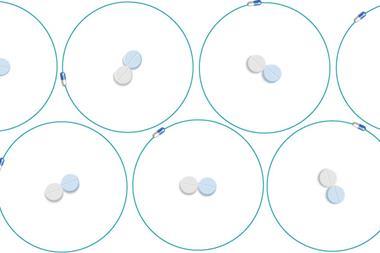Immunotherapy study restarted with amended pre-treatment protocol
Following deaths of three patients, the US Food and Drug Administration (FDA) suspended Juno Therapeutics’ Phase II clinical trial of a chimeric antigen receptor T-cell (CAR-T) immunotherapy for leukaemia.
Two study subjects died from cerebral oedema, which appears to be treatment-related. During a conference call, Juno’s chief executive, Hans Bishop, said the patient deaths followed the addition of fludarabine to the trial’s chemotherapy pre-conditioning regime. He also revealed that one other person enrolled in the study had died from cerebral oedema in May, but the trial’s data safety and monitoring board and the FDA had concluded that there were ‘confounding factors’ and there was no reason to stop or amend the trial protocol.
A week after the suspension, Juno was allowed to resume the trial, returning to the earlier cyclophosphamide-only preconditioning regime.
At around the same time Juno disclosed the three deaths in its study, US biotech Kite Pharma finished enrolling patients in a Phase II trial testing its own CAR-T candidate. Like Juno’s trial, this Kite study uses cyclophosphamide and fludarabine pre-conditioning before introducing the CAR-T agent.











No comments yet